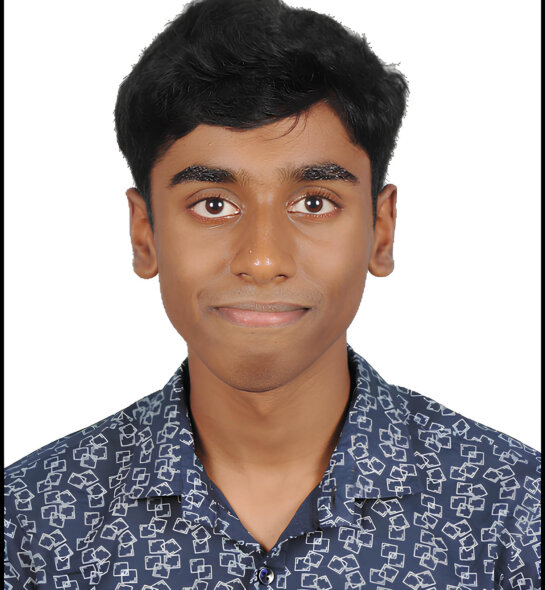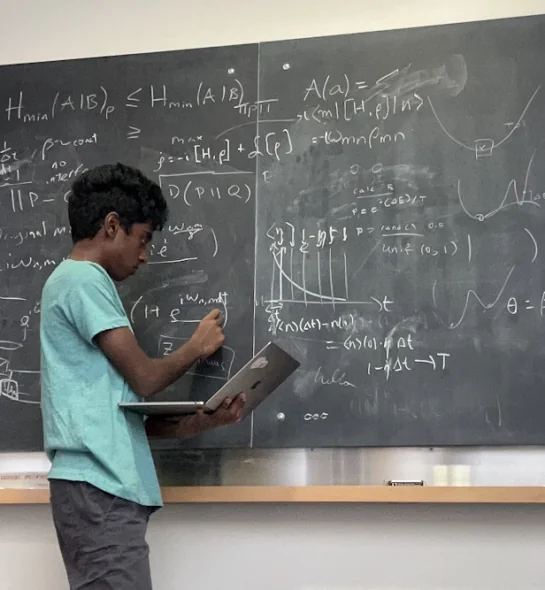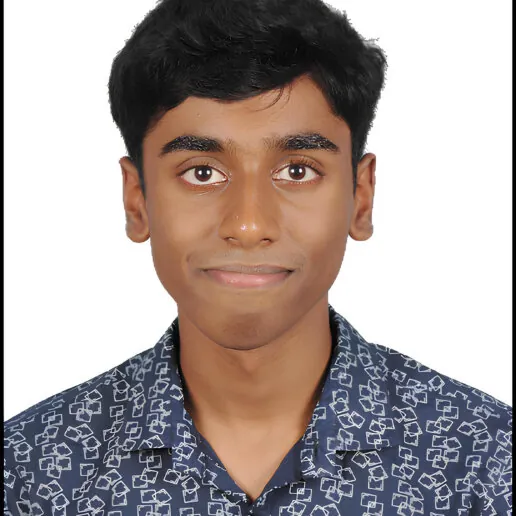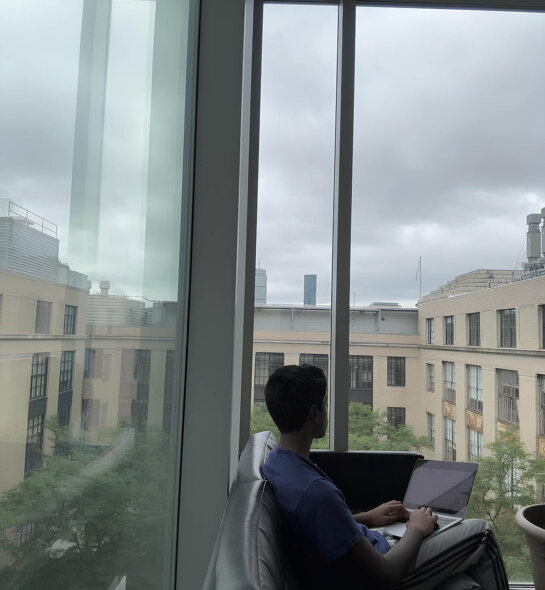Deeper Dive
My project is centered around creating special quantum computing algorithms to predict the molecular structure of large molecules. What distinguishes my work from many others in the field is that it can be used with the technologies of today, rather than waiting for a hypothetical future technology to become available. This allows for quantum computers to find immediate use anywhere predicting molecular structures might be advantageous, such as quantum chemistry, protein simulation, and drug development. I became interested in this kind of work while working on regular computing systems in previous jobs and internships. I became curious about how it could be possible to integrate alternative computing systems with our existing knowledge of computer science to move closer to solving critical problems in society. Working in an atomic physics lab further narrowed my scope, which gave me the idea to combine my work in atomic physics with this desire. This core motive shaped the research I performed.
The project, however, was not easy; I encountered many intermediary challenges along the way. For instance, while I understood the math behind the quantum game, I had trouble getting the conceptual understanding of the math into the code. What helped me was simply taking it slowly, reading through the algorithms line by line, writing unit tests to figure out the quirks of the language, and writing out the algorithms preliminarily in my paper in plain language to better identify any errors. Algorithms that I thought would have worked when diagrammed on paper failed. However, working through the reasoning slowly was what helped me complete the project on time and successfully. I started the project at the Research Science Institute program at MIT. There, I was fortunate to have the support of a few graduate students who acted as mentors. They helped me narrow the scope of my project and provided suggestions for methods which I tested and incorporated into the project. Additionally, staff at RSI, who were largely alumni of the program, provided help as well as giving feedback on my paper. Of course, I of course would not have been able to complete this project in the depths of quantum information theory without the background knowledge provided by my physics and math classes at school, in addition to classes I took at the University of Nevada in quantum mechanics. The work was completed after the pandemic so I was fortunate enough not to have disruptions in the process.
Some of the most direct benefits from this quantum computing-based molecular simulation technology can be seen in potential applications to medicine. It is frequently a problem in bioengineering related fields to determine how a molecule interacts (say a drug being tested), for which, it is useful to know its structure. Existing algorithms are either more inaccurate or too computationally expensive at present, so my algorithm can help provide a middle ground with the proper implementation to speed up these sorts of medical developments, improving the quality of life for many with diseases or other chronic conditions. While it may be hard to see right now, further developments using the hybrid quantum-classical computing regime that I tested could lead to future technologies that fight climate change or create novel electronic materials via access to unparalleled computing power.



